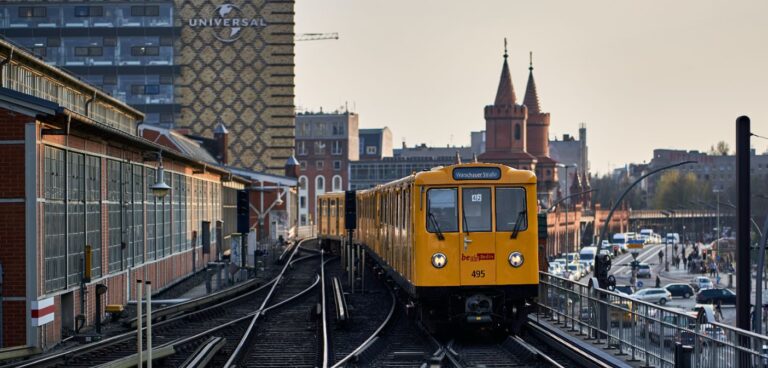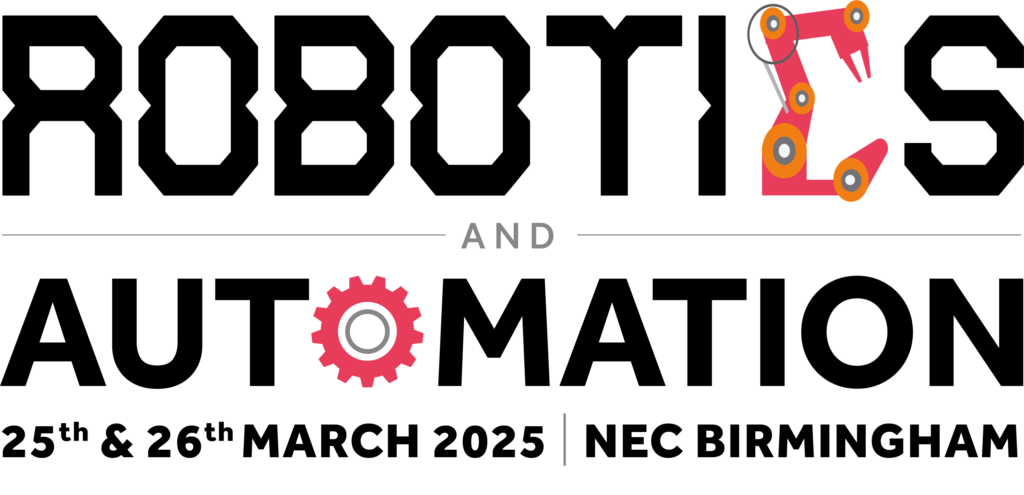After announcing a new €49 (£43.22) monthly ticket that can be used on all participating public transport modes last month, the German coalition government (formed of the Social Democratic party [SPD], the Greens and the liberal Free Democratic party [FDP]) has officially launched the scheme.
Tickets first went on sale on April 3 and have been valid for use on public transport since May 1.
The first ‘Deutschlandtickets’ have been made available to passengers after Volker Wissing, transport minister of the FDP, said in a Twitter statement: “Humans don’t live in complicated honeycomb structures.
“Starting today, you can use public transport everywhere with the #Deutschlandticket or drive across the country. Just get in and off you go. A milestone towards an individual transport mix that suits people’s lives.”
The Deutschlandticket, abbreviated as D-ticket, is only available via subscription, with the association of German transport companies (VDV) reporting that 750,000 new subscriptions have been sold since April 3.
It serves as a replacement for the previous ‘9-Euro-Ticket’, which was introduced in summer 2022 by the German government to support passengers to travel amid rising costs of electricity, food, heating and mobility.
The ticket can be used throughout Germany, on all regional and local trains, as well as all means of public transport within participating regional ticketing systems, transport associations and transport companies.
However, D-tickets are not currently accepted on trains operated by DB Fernverkehr AG or similar long-distance providers like FlixTrain. DB Fernverkehr has said it is currently in talks with the German government and state authorities about introducing exceptions on certain parts of its network.
Children under the age of six can travel on the bus or train free of charge in the company of a valid ticket holder. Older children and teenagers who are six or more years of age cannot avail of this benefit and need to own an individual D-ticket.





